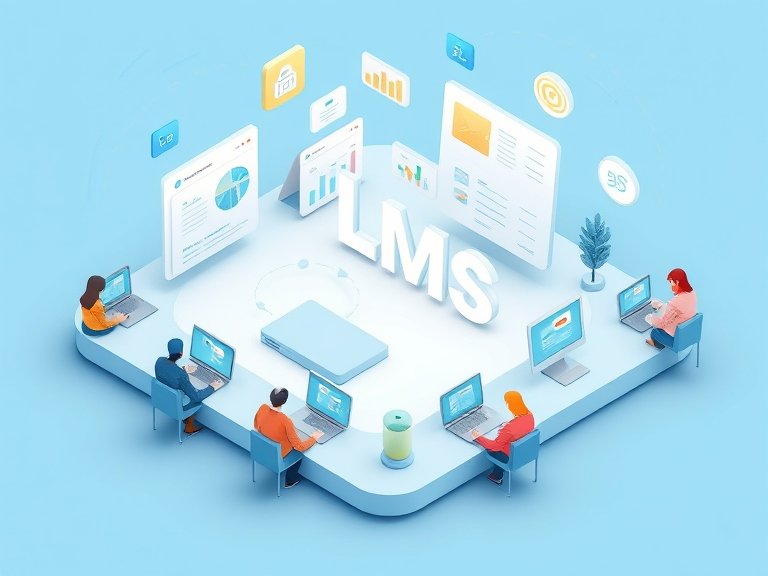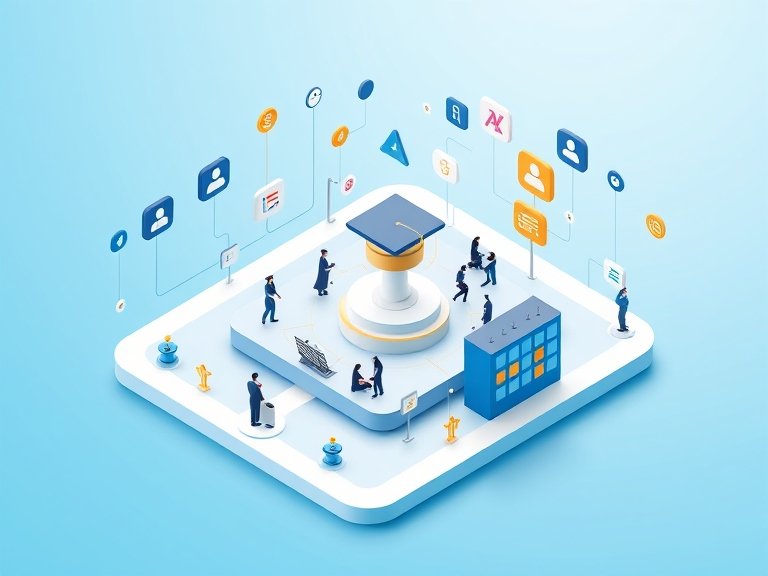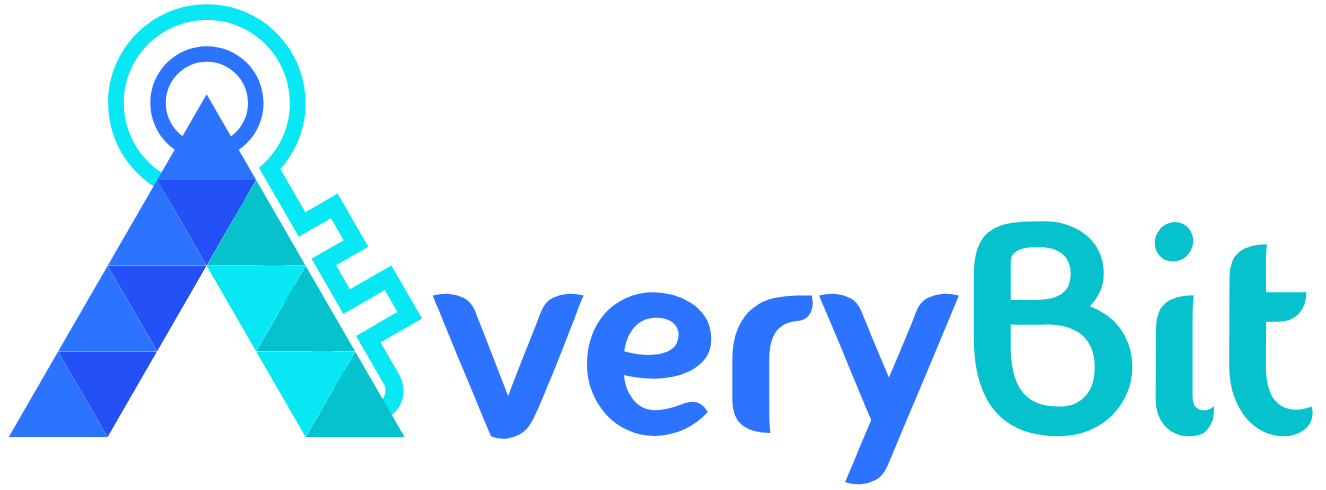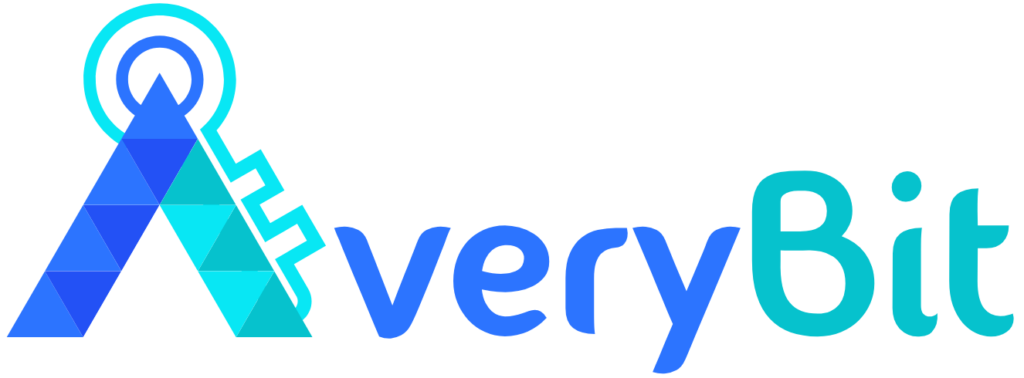
Education Software Development Company
Our education software and mobile web application are here to empower and inspire and Experience the future of education with our innovative solutions.
- Interactive learning experiences
- Personalized education tools
- Engaging and immersive content
What we offer
Top-Notch Ed-tech Software Development Services

Learning Management
System
With our LMS, you can easily create and deliver online courses, track learner progress, and provide interactive learning experiences.
- Personalized learning paths
- Personalized learning paths
- Real-time feedback and assessment
- Customizable and scalable platform

E-Learning Application Development
With our expertise in developing e-learning applications, we create user-friendly platforms that offer a wide range of educational courses.
- Diverse educational resources
- Interactive quizzes and videos
- Accessible and interactive learning
- Intuitive design and functionality

Alumni Management
System
Our system provides a centralized database to manage alumni profiles, track their achievements, and facilitate effective communication and networking.
- Centralized database management
- Event management and job postings
- Vibrant alumni community
- Strengthen alumni connections
Benefits for your business
Ready to talk?
Are you ready to move your project forward? We are here to listen and talk about how we can help you reach your goals. Our team of experts is ready to collaborate with you whether you have a specific idea in mind or need guidance on your next steps.

FAQ's
Frequently Asked Questions (FAQ)
What is ed-tech software?
Ed-tech software refers to computer programs and applications specifically designed for educational purposes. This software is developed to support teaching and learning activities, providing tools and functionalities that enhance the educational experience.
What types of ed-tech software are available?
There is a wide range of ed-tech software available to cater to different educational needs. Learning management systems (LMS) like Canvas and Moodle are popular platforms that facilitate course management, content delivery, and student engagement. Content authoring tools allow educators to create interactive and multimedia-rich educational materials. Adaptive learning software adjusts the learning experience based on individual student progress and needs. Collaboration tools enable students and teachers to communicate and work together remotely.
How can ed-tech software benefit educational institutions?
Ed-tech software offers several benefits to educational institutions. It can streamline administrative tasks, such as student enrollment, grading, and record-keeping, making processes more efficient. Software solutions like LMS enable institutions to manage and deliver online courses, providing flexibility and accessibility to learners. Analytics and reporting features in ed-tech software provide insights into student performance, helping institutions identify areas for improvement and personalize instruction.
Are there any privacy and security concerns with ed-tech software?
Privacy and security are important considerations when using ed-tech software. Educational institutions and software providers must ensure the protection of student data and comply with relevant privacy regulations. It is crucial to use software from reputable vendors that implement robust security measures, including data encryption, secure authentication, and regular updates. Additionally, institutions should educate students, teachers, and staff about best practices for online security and privacy protection.
How can educators choose the right ed-tech software?
Choosing the right ed-tech software requires careful evaluation and consideration. Educators should start by identifying their specific needs and goals. They should consider factors such as ease of use, scalability, integration capabilities with existing systems, and the availability of technical support. It is also beneficial to read reviews, seek recommendations from peers, and explore trial versions or demos of the software before making a decision. Collaborating with IT professionals and involving key stakeholders in the decision-making process can help ensure the software aligns with the institution’s requirements.

